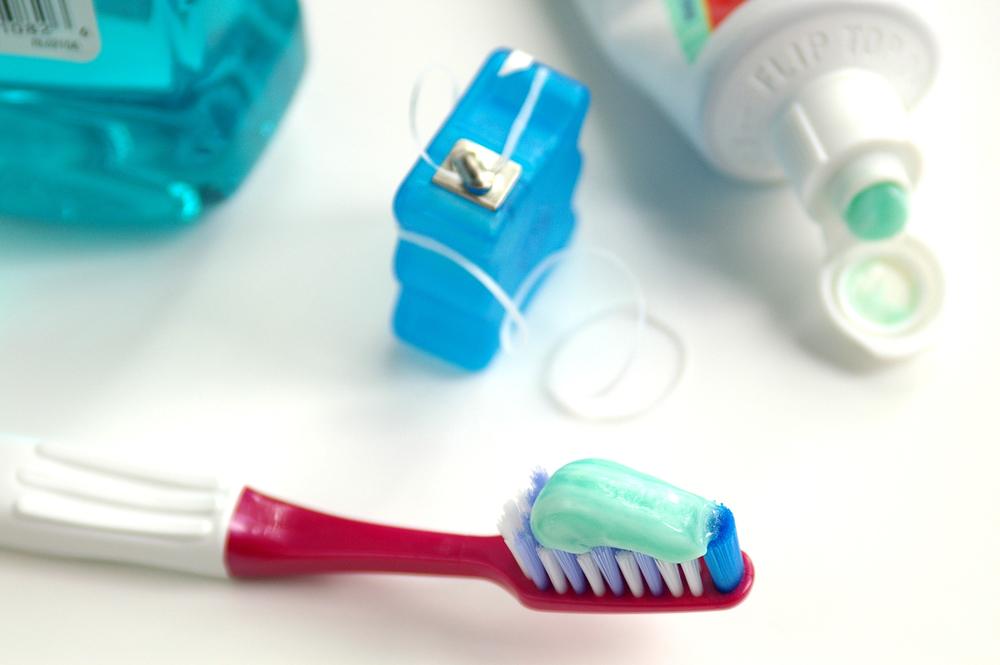Personalised Oral Hygiene Instruction

The absence of a good daily oral hygiene routine will lead to the first stage of gum disease called ‘Gingivitis’
Your daily oral hygiene routine is the most important thing you need to do in order to keep your teeth and gums healthy and in optimal condition between regular dental visits
Your daily oral hygiene routine should remove the daily build up of plaque from the surfaces of your teeth. A good daily oral hygiene routine includes
- 1Brushing your teeth twice a day for two minutes each time
- 2Floss your teeth to reach into the gaps in between the teeth or below the gum line.
- 3Use a fluoride toothpaste
A major sign of optimal oral hygiene is the appearance of healthy gums. Your gums should appear Pink in colour, with no areas of redness or inflammation. Your gums should not bleed when brushing or flossing and they should not be sore or tender.
What is Gingivitis?
- Gingivitis is caused by sticky bacteria which are known as ‘plaque’. Plaque collects in the small gaps between the gums and the teeth and if not removed by regular brushing & flossing will multiply by feeding on sugars found in your food and drink. This can lead to bleeding, sore gums that may be swollen or infected
- Bleeding when brushing or flossing your teeth is the earliest and most common sign of gingivitis. Gingivitis is reversible if treated by a hygienist or by improved brushing and flossing techniques. However, if left untreated you will develop the later stages of gum disease, which is known as ‘Periodontal Disease’
What is Periodontal Disease?
- Periodontal Disease is the later stages of gum disease. This is when the bacteria infection under the gums progresses deeper and affects the bone and tissue supporting the tooth.Periodontal disease is irreversible, but you can slow down the progression by regular visits to the Dentist and by also improving your oral hygiene routine at home.
- With Periodontal disease, the infection damages the tissue that connects the gum to the roots of the tooth. Once the tissue has been destroyed the gum pulls away from the tooth, this forms a pocket which bacteria thrive in. If not treated, in time the bone anchoring the teeth in the jaw will dissolve, making the teeth loose and eventually the teeth will fall out. Periodontal disease can lead to the requirement of surgery such as bone grafts to restore jaw bone. It is completely preventable with a good oral hygiene routine that includes regular checkups with your dentist.
